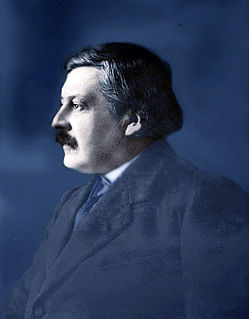
General elections were held in Mexico on Sunday, July 2, 2000.

Presidential elections were held in Chile on 22 October 1925. They were the first direct elections in the country's history and the first to be held under the new 1925 constitution. The result was a victory for Emiliano Figueroa, who received 71% of the vote.

General elections were held in Venezuela on 4 December 1988. The presidential elections were won by Carlos Andrés Pérez of Democratic Action, who received 52.9% of the vote, whilst his party won the most seats in the Chamber of Deputies and Senate. Voter turnout was 81.9% in the presidential election and 81.7% in the Congressional elections.

Presidential elections were held in Slovakia on 15 May 1999, with a second round on 29 May. Following a constitutional amendment in 1998 that introduced direct presidential elections for the first time, they resulted in a victory for Rudolf Schuster, who received 57.2% of the vote in the run-off.

General elections were held in El Salvador on 20 March 1994, with a second round of the presidential elections taking place on 24 April. Armando Calderón Sol of the Nationalist Republican Alliance won the presidential elections, whilst his party also won the legislative elections. Voter turnout was 50% in the first round of the presidential elections and 45.5% in the second, whilst it was 53.1% for the legislative election.

Early general elections were held in Peru on 8 April 2001, with a second round of the presidential election on 3 June. The elections were held after President Alberto Fujimori claimed asylum in Japan during a trip to Asia and resigned his position.
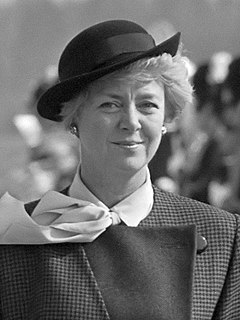
Presidential elections were held in Iceland on 25 June 1988. The result was a victory for the incumbent president Vigdís Finnbogadóttir, who received 94.6% of the vote. The election marked the first time a sitting president was challenged in an election.
Elections for the Senate of the Philippines were held on November 11, 1947, with eight of the 24 seats in the Senate being contested. Eight seats were all regular elections; the winners were eligible to serve six-year terms from December 30, 1947 until December 30, 1953. Many gubernatorial and local elections were held on the same date.

General elections were held in Venezuela on 1 December 1963. The presidential elections were won by Raúl Leoni of Democratic Action, who received 32.8% of the vote, whilst his party won 66 of the 179 seats in the Chamber of Deputies and 22 of the 47 seats in the Senate. Voter turnout was 92.3% in the presidential election and 90.8% in the Congressional elections.
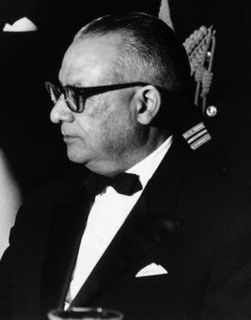
General elections were held in Venezuela on 7 December 1958. The presidential elections were won by Rómulo Betancourt of Democratic Action, who received 49.2% of the vote, whilst his party won 73 of the 132 seats in the Chamber of Deputies and 32 of the 51 seats in the Senate. Voter turnout was 94.4% in the presidential election and 92.1% in the Congressional elections.
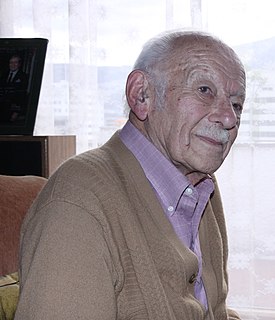
General elections were held in Ecuador on 17 May 1992, with a second round of the presidential elections on 5 July. The presidential elections resulted in a victory for Sixto Durán Ballén of the Republican Union Party–Conservative Party alliance, who received 57.3% of the vote in the run-off. The Social Christian Party emerged as the largest party in the House of Representatives, winning 21 of the 77 seats.
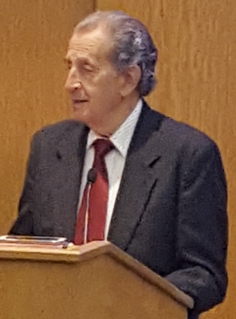
General elections were held in Ecuador on 31 January 1988, with a second round of the presidential elections on 8 May. Rodrigo Borja Cevallos of the Democratic Left won the presidential elections, receiving 54% of the vote in the second round, whilst the Democratic Left remained the largest faction in the National Congress, winning 31 of the 72 seats.

General elections were held in Mexico on 7 July 1952. The presidential elections were won by Adolfo Ruiz Cortines, who received 74.3% of the vote. In the Chamber of Deputies election, the Institutional Revolutionary Party won 151 of the 161 seats. These were the last presidential elections in Mexico in which women were not allowed to vote.

General elections were held in Bolivia on 9 July 1978. The elections were the first held since 1966, with several military coups taking place during the late 1960s and early 1970s. Although Juan Pereda of the Nationalist Union of the People won the presidential elections, more votes were cast than there were registered voters. After examining a number of allegations of fraud and other irregularities, the Electoral Court decided to annul the results on 20 July. The following day, Pereda was installed as President following a military coup. Pereda himself was overthrown by yet another military coup in November, which saw General David Padilla assume the presidency. Fresh elections were held the following year, with Padilla transferring power to his democratically elected successor, Wálter Guevara.

General elections were held in Mexico on 4 July 1982. The presidential elections were won by Miguel de la Madrid, who received 74.3% of the vote. In the Chamber of Deputies election, the Institutional Revolutionary Party won 299 of the 372 seats, as well as winning 63 of the 64 seats in the Senate election. Voter turnout was 74.8% in the presidential election and 72.6% and 66.4% for the two parts of the Chamber elections.
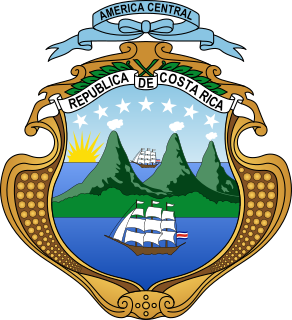
General elections were held in Costa Rica on 1 April 1917. Federico Tinoco Granados had seized power in a military coup in January and was the only candidate in the presidential election. The elections were considered to be fraudulent and although former president Rafael Yglesias Castro received 249 votes in Alajuela, they were recorded as invalid ballots. Voter turnout was reported to be 69.2% in the presidential election and 67.6% in the parliamentary election.

Parliamentary elections were held in Haiti on 30 April 1961. They followed the dissolution of Parliament by President François Duvalier and the abolition of the Senate, making the Chamber of Deputies a unicameral body. Duvalier's National Unity Party won all 67 seats in the elections, which were later re-interpreted as presidential elections in order to give Duvalier a six-year presidential term and avoid the need for scheduled presidential election in 1963.

General elections were held in Mexico on 4 July 1976. José López Portillo was the only candidate in the presidential election, and was elected unopposed. In the Chamber of Deputies election, the Institutional Revolutionary Party won 195 of the 237 seats, as well as winning all 64 seats in the Senate election. Voter turnout was 64.6% in the Senate election and 62.0% in the Chamber election.

Presidential elections were held in Colombia on 9 February 1930. The result was a victory for Enrique Olaya Herrera of the Liberal Party, who received 44.9% of the vote. He took office on 7 August.

Presidential elections were held in Colombia on 4 May 1958. They were the first presidential elections since 1949, following a military coup against President Laureano Gómez in 1953. Following the coup, the two main parties came to an agreement on holding office for alternating periods of four years. The agreement, known as the National Front, was approved in a 1957 referendum.


